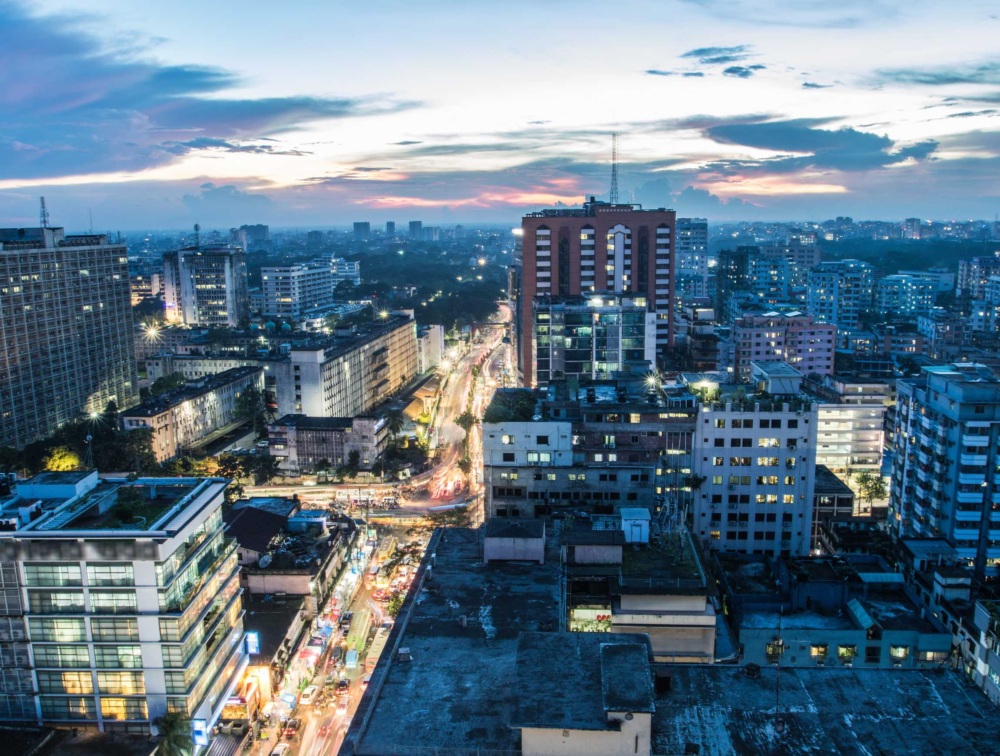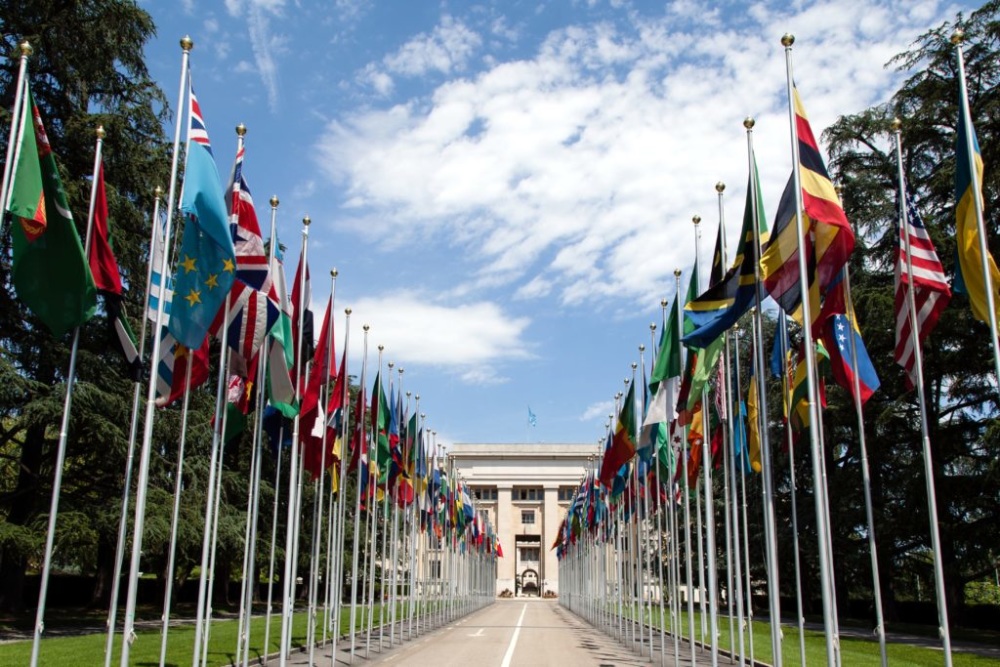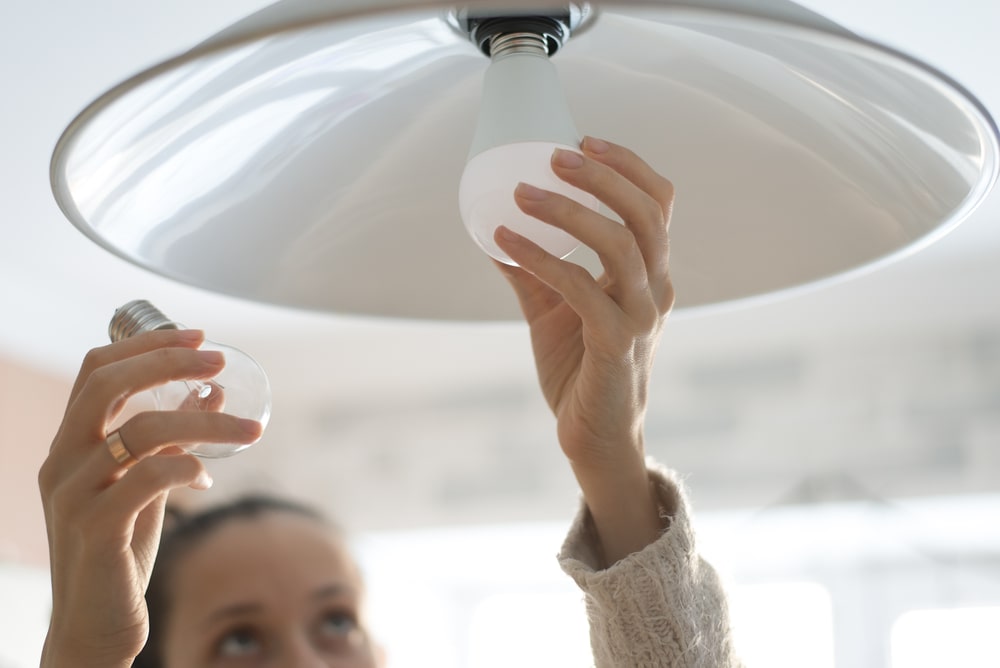Forecast on Cooling
Air conditioning (AC) units in use around the world are expected to triple by 2050. Slowly, global markets are shifting to more energy efficient ACs, but CLASP is working to accelerate that trend. For more than fifteen years, CLASP has supported the design and implementation of room air conditioner energy efficiency policies and related initiatives.
If global markets shift toward room air conditioners that are 30% more efficient than current technology and use low-GWP refrigerants, we could avoid up to 25 billion tons of CO₂ in 2030.
We are currently leading projects to incentivize the development and procurement of high quality, high efficiency, affordable ACs.
India
CLASP has worked in India for nearly two decades. Through their diligent attention, India’s Bureau of Energy Efficiency (BEE) is setting a global example on climate change action, and in particular on AC and cooling standards.
CLASP provided early support to BEE with a market intelligence and technical analysis to underpin policy recommendations for air conditioner efficiency standards & labeling (S&L), which started as a voluntary program for manufacturers in 2006 and transitioned to mandatory in 2010.
Currently, we are assisting BEE in developing regulations for nearly every type of residential and commercial air conditioning product on the market, enabling BEE to develop and announce first-of-their-kind energy efficiency policy roadmaps for space cooling appliances and systems. CLASP estimates that the energy savings from more efficient room air conditioners alone would avoid 94 Mt CO₂ in 2030. Recently CLASP analyzed the benefits of improving room AC efficiency in India.
CLASP is also working with BEE and the SEAD Initiative to define the “India AC Challenge” program to promote market introduction of cost-effective, highly-efficient, low GWP space cooling products in India.
Vietnam
CLASP is leading a project to conceptualize, design, and implement AC energy efficiency S&L in Vietnam as part of the US Department of State’s Lower Mekong Initiative (LMI). In this project we will build on the existing ASEAN Regional Policy Roadmap and the Vietnam National Roadmap by assisting Vietnam in implementing higher MEPS for air conditioning, encouraging enforcement of those standards, and increasing awareness of the benefits of AC MEPS. CLASP is collaborating directly with government agencies in Vietnam, including the Ministry of Industry and Trade (MOIT) and the Ministry of Science and Technology (MOST), to improve energy security and economic development while reducing emissions through the implementation and enforcement of MEPS.
Global AC Program
CLASP is working with the Institute for Governance and Sustainable Development (IGSD) to assess the current state of play of energy efficiency and refrigerant policies for room air conditioners in over a dozen key developing and emerging economies with large and growing import markets for room air conditioners, including Brazil, Chile, India, Indonesia, Mexico, Pakistan, and Vietnam. In this project we will undertake comprehensive market and policy due diligence on room ACs to identify the best possible opportunities for policy interventions and bulk procurement that would accelerate the penetration of highly efficient and low GWP ACs, will design customized implementation plans to capture these opportunities, and will provide advisory and consultative support to governments over the project’s 3-year life.
United for Efficiency
CLASP is a founding partner (along with UNEP, ICA, the United Nations Development Programme (UNDP) and the Natural Resources Defense Council (NRDC) of the United for Efficiency (U4E) initiative under Sustainable Energy for All. U4E is a global effort supporting developing countries and emerging economies to move their markets to energy-efficient appliances and equipment, including air conditioners. CLASP serves as the technical lead for U4E global centers of excellence for air conditioners and refrigerators, and in this role will develop policy best practice guidance and provide direct technical assistance to national policymakers in Sudan, Costa Rica, Kazakhstan, Myanmar, and Chile, among others. In support of U4E, CLASP analyzed the economic and energy savings potential from adopting more efficient appliances, including air conditioners, in over 150 countries in Africa, Eastern Europe, Latin America and Caribbean, Pacific Islands, Central Asia, South Asia, and South East Asia.
Advanced Cooling Challenge
CLASP also coordinates the Clean Energy Ministerial (CEM) Advanced Cooling Challenge global AC prize to spur innovation, distinguish the top-performing products, and enhance intelligence to develop the next generation of AC models. The Challenge has already secured many commitments from public- and private- sector leaders alike, including Ingersoll Rand, Honeywell, and the governments of India and China.









